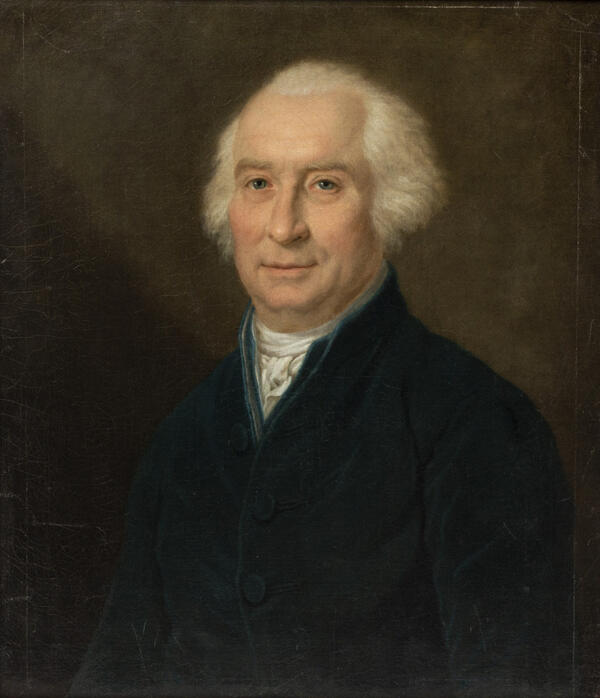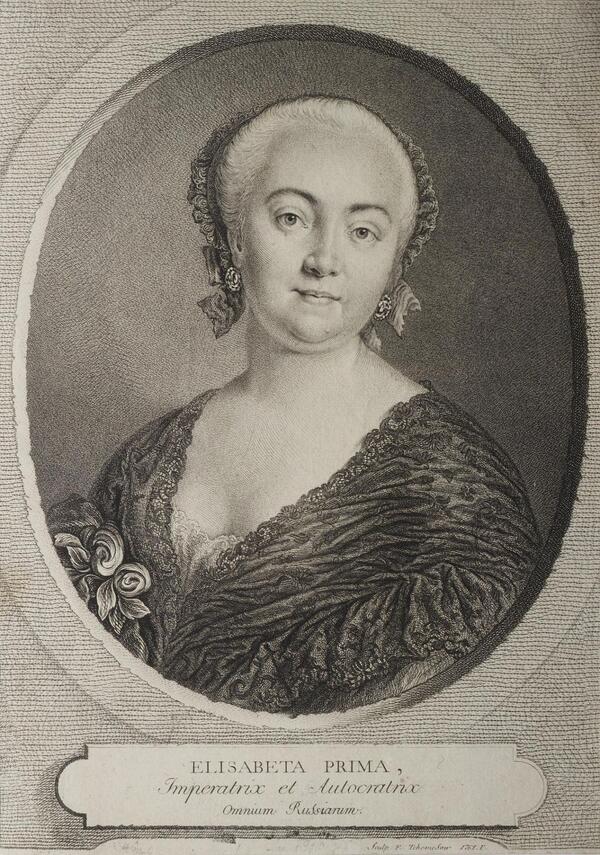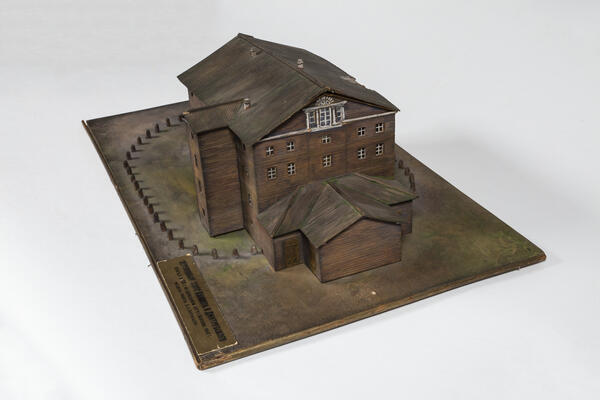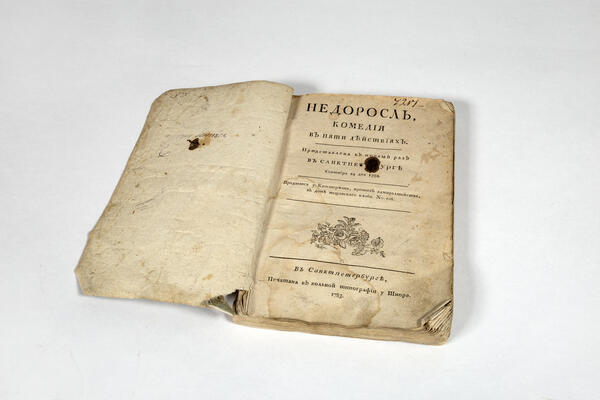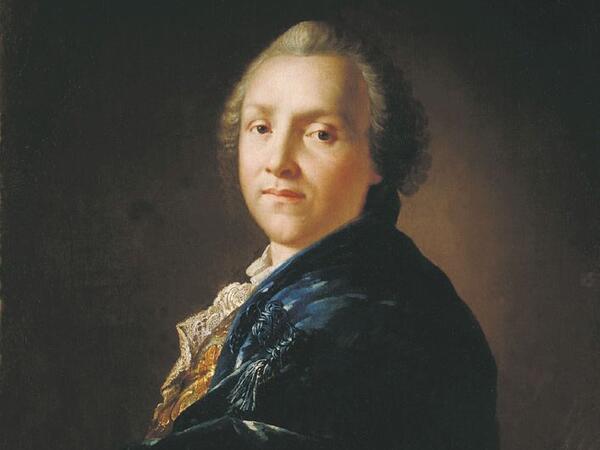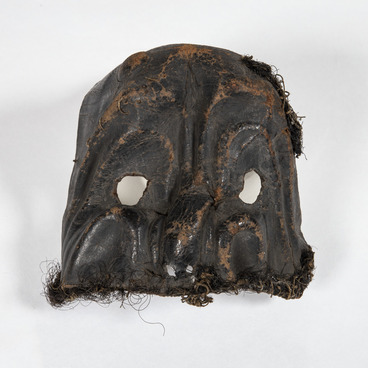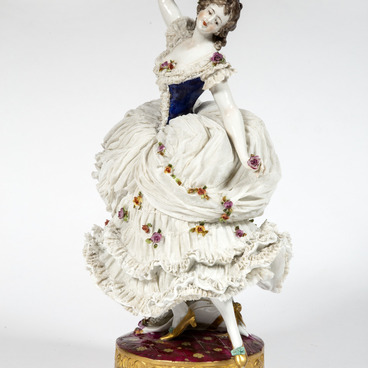Ivan Perfilievich Yelagin was a Russian official, historian, poet, philosopher, and one of the first members of the Russian Academy of Sciences. His contemporaries admired him, and he was even dubbed “the next best prose writer to Lomonosov.” He wrote the historical work “An Essay of Narration about Russia”, poems, plays, including the comedy “A Russian Frenchman”, and also translated the plays by Molière and the works of Antoine Prévost. Yelagin’s career started during the reign of Empress Elizabeth and reached its peak under Catherine II, who held him in high regard.
Throughout his life, Ivan Yelagin worked in various departments, from the imperial chancery to the wine and salt commission. Every position he had brought him success, awards, and promotions. Yelagin retired with the honorary rank of chief master of the court and remained in Catherine II’s good graces for the rest of his life.
It is no coincidence that the museum houses Yelagin’s portrait by an unknown painter. In 1766, Catherine II established the Directorate of the Imperial Theaters, which brought together all the court troupes and orchestras. As the head of the Directorate, Ivan Perfilievich Yelagin made a significant contribution to the development of the Russian theater.
Ivan Yelagin composed the first document on the theater regulations in Russia. He also initiated the establishment of a public theater and a theater school in Saint Petersburg, the learning trips abroad for Russian actors, and the performances of foreign actors in Saint Petersburg.
Yelagin became a patron for the aspiring playwrights Alexander Sumarokov and Denis Fonvizin. Through Yelagin’s efforts, the premiere of the comedy “The Minor” by Fonvizin took place at the Free Russian Theater on Tsaritsa Meadow. Actors began receiving a fixed annual salary, and some of them were even rewarded with a pension, which was quite a novelty for the second half of the 18th century.
In 1777, Ivan Yelagin bought a plot of land in Saint Petersburg from Prince Potemkin for 9,000 rubles. His estate would later become known as the “Garden of Joy”, or Yelagin Island after the Russian Revolution. The hospitable owner was always glad to receive visitors — even those who randomly chose the island for a walk.
Throughout his life, Ivan Yelagin worked in various departments, from the imperial chancery to the wine and salt commission. Every position he had brought him success, awards, and promotions. Yelagin retired with the honorary rank of chief master of the court and remained in Catherine II’s good graces for the rest of his life.
It is no coincidence that the museum houses Yelagin’s portrait by an unknown painter. In 1766, Catherine II established the Directorate of the Imperial Theaters, which brought together all the court troupes and orchestras. As the head of the Directorate, Ivan Perfilievich Yelagin made a significant contribution to the development of the Russian theater.
Ivan Yelagin composed the first document on the theater regulations in Russia. He also initiated the establishment of a public theater and a theater school in Saint Petersburg, the learning trips abroad for Russian actors, and the performances of foreign actors in Saint Petersburg.
Yelagin became a patron for the aspiring playwrights Alexander Sumarokov and Denis Fonvizin. Through Yelagin’s efforts, the premiere of the comedy “The Minor” by Fonvizin took place at the Free Russian Theater on Tsaritsa Meadow. Actors began receiving a fixed annual salary, and some of them were even rewarded with a pension, which was quite a novelty for the second half of the 18th century.
In 1777, Ivan Yelagin bought a plot of land in Saint Petersburg from Prince Potemkin for 9,000 rubles. His estate would later become known as the “Garden of Joy”, or Yelagin Island after the Russian Revolution. The hospitable owner was always glad to receive visitors — even those who randomly chose the island for a walk.

